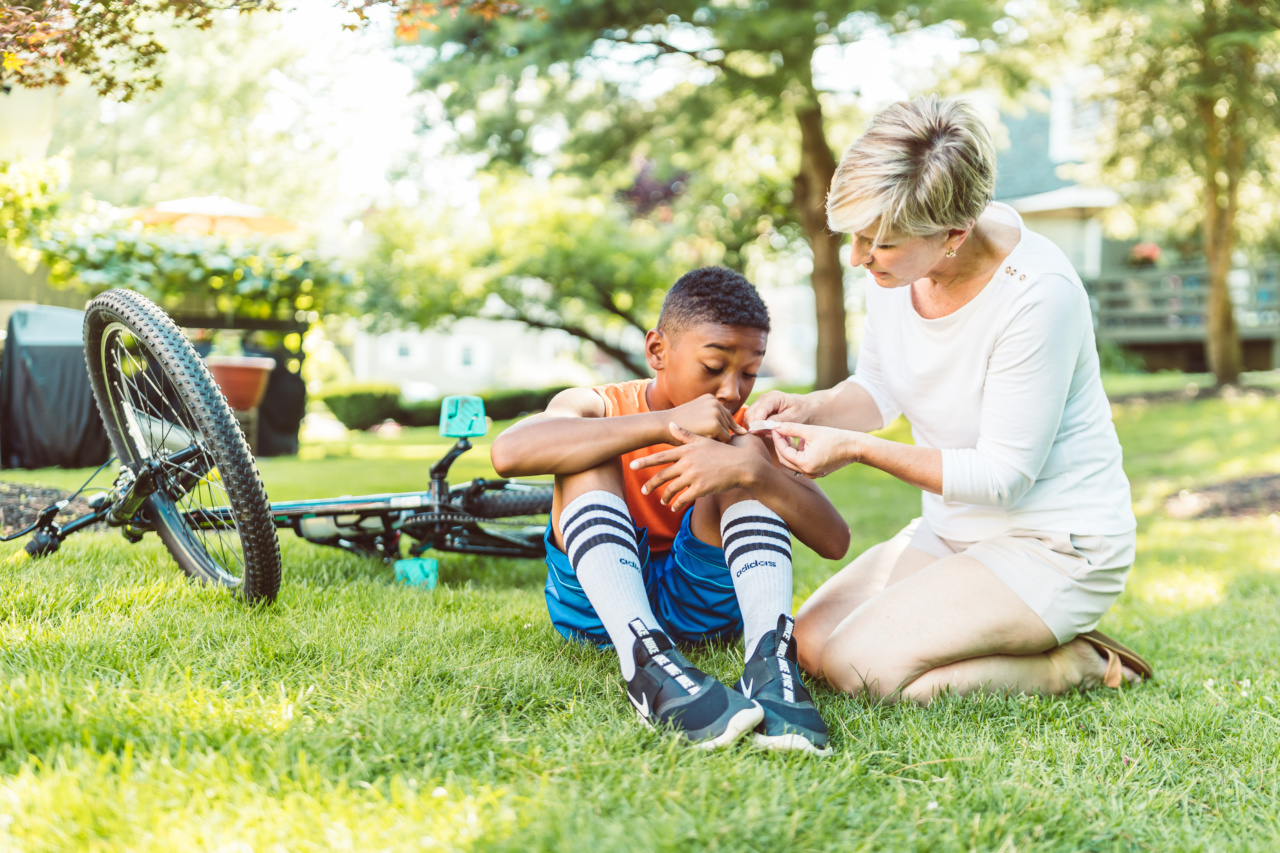Allergic rhinitis, also known as hay fever, is a common condition that affects both children and adults. However, it can be particularly challenging to manage in kids due to their developing immune systems and limited treatment options.
If your child is suffering from allergic rhinitis, it is important to understand the causes, symptoms, and available treatment options to provide them with the relief they need.
Understanding Allergic Rhinitis
Allergic rhinitis is an allergic reaction that occurs when the body’s immune system overreacts to particles in the air that are typically harmless.
These particles, known as allergens, can trigger symptoms such as sneezing, itching, nasal congestion, and a runny nose. Common allergens include pollen, dust mites, pet dander, and mold.
Symptoms of Allergic Rhinitis in Kids
Symptoms of allergic rhinitis can vary from mild to severe and may interfere with your child’s daily activities. Some common symptoms to look out for include:.
- Sneezing
- Itchy or watery eyes
- Nasal congestion
- Runny nose
- Itchy throat or ears
- Coughing
- Fatigue or irritability
Diagnosing Allergic Rhinitis
If you suspect that your child may have allergic rhinitis, it is crucial to consult a healthcare professional for a proper diagnosis. The doctor will typically perform a physical examination and ask about your child’s medical history and symptoms.
In some cases, they may recommend allergy testing to identify the specific allergens triggering your child’s symptoms.
Treatment Options
The primary goal of treating allergic rhinitis in kids is to alleviate symptoms and improve their quality of life. Here are some effective treatment options:.
1. Allergen Avoidance
Identifying and minimizing your child’s exposure to allergens is an essential step in managing allergic rhinitis. Some practical strategies include:.
- Keeping windows closed to prevent pollen from entering the house
- Using allergen-proof bedding covers to protect against dust mites
- Regularly cleaning and vacuuming your home to reduce allergen buildup
- Limiting your child’s contact with pets, if they are allergic to animal dander
2. Medications
Medications can help alleviate symptoms when allergen avoidance is not enough. There are several types of medications available for treating allergic rhinitis in kids, including:.
- Antihistamines: These medications block the histamine response and can relieve sneezing, itching, and runny nose. They are available in both oral and nasal spray forms.
- Nasal corticosteroids: These sprays reduce inflammation in the nasal passages, providing relief from congestion and other symptoms. They are safe and effective for long-term use.
- Decongestants: Short-term use of decongestant nasal sprays or oral medications can alleviate nasal congestion, but prolonged use should be avoided to prevent rebound congestion and other side effects.
- Leukotriene inhibitors: These medications block the action of certain chemicals involved in allergic reactions and can help alleviate symptoms.
3. Immunotherapy
In some cases, when symptoms are severe and not easily controlled with medications, your child’s doctor may recommend immunotherapy.
This treatment involves exposing your child to small, gradually increasing amounts of the allergens to desensitize their immune system over time. Immunotherapy can be administered through allergy shots or sublingual drops/tablets.
4. Nasal Irrigation
Nasal irrigation involves rinsing the nasal passages with a saline solution to reduce congestion and remove allergens. This can be done using a neti pot or a saline nasal spray.
However, it is important to ensure that the water used is sterile to prevent any potential infections.
5. Alternative Therapies
Some complementary and alternative therapies, such as acupuncture and herbal remedies, may provide relief for allergic rhinitis.
However, it is crucial to consult with a healthcare professional before trying any alternative treatments for your child, as their safety and effectiveness can vary.
Preventing Allergic Rhinitis
While allergic rhinitis cannot always be prevented, there are steps you can take to reduce your child’s risk of developing allergies or experiencing severe symptoms. Consider the following preventative measures:.
- Encourage breastfeeding, as it may help strengthen your child’s immune system.
- Maintain a clean and allergen-free living environment.
- Avoid exposing your child to tobacco smoke.
- Introduce solid foods gradually and monitor for any allergic reactions.
- Keep your child’s immunizations up to date, as they can help prevent certain respiratory infections.
Conclusion
Allergic rhinitis can be a challenging condition to manage in kids, but with proper diagnosis and appropriate treatment, their symptoms can be effectively controlled.
It is essential to work closely with your child’s healthcare provider to develop a personalized treatment plan that addresses their specific needs. By understanding the causes, symptoms, and available treatment options, you can help your child find relief and enjoy a better quality of life.





























